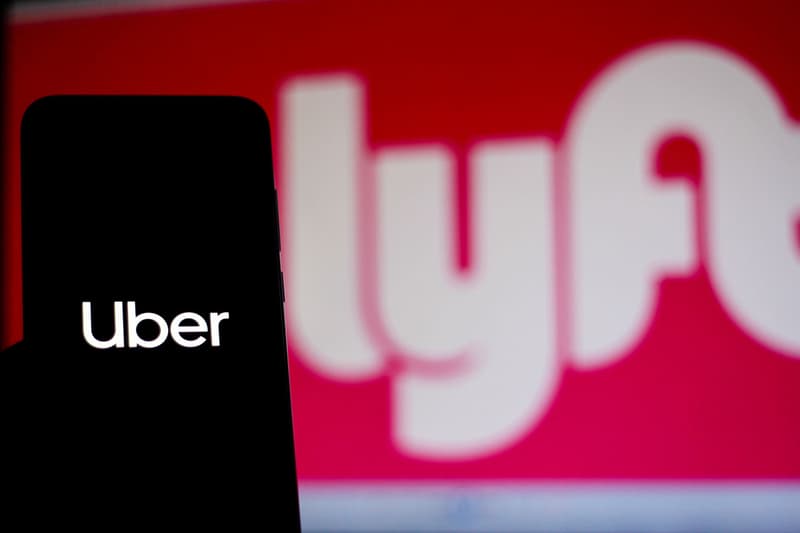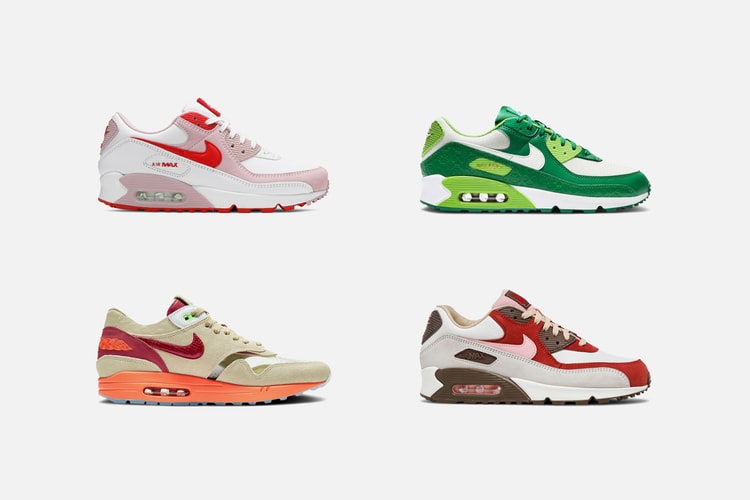Uber and Lyft to Start Sharing Information on Banned Drivers
Both Uber and Lyft have recently been sued over reports of assault.

Uber and Lyft will begin sharing information with one another on drivers that are banned from their apps.
The two major U.S. ridesharing platforms announced the data partnership on Thursday, saying that the companies were working to enhance their safety measures. “Today, Lyft and Uber announced the Industry Sharing Safety Program, a first-of-its-kind effort to share information about the drivers and delivery people deactivated from each company’s platform for the most serious safety incidents including sexual assault and physical assaults resulting in a fatality,” Lyft wrote in a press release.
“We’re setting a new standard for safety in our industry,” Tony West, Uber’s senior vice president and chief legal officer, said. “Safety should not be proprietary.”
“There’s now a way to help prevent offenders from moving between platforms and potentially harming others,” he added.
In 2019, Uber released a U.S. safety report detailing data related to safety incidents on its platform. The report indicated that while 99.9 percent of Uber trips between 2017 and 2018 occurred with no safety-related complaints, the company was still spurred to action by several high-profile reports.
In 2018, Uber was sued for $10 million USD by a Washington, D.C., woman after she was sexually assaulted by a driver. In 2017, a Kansas City woman sued Uber, alleging that she was raped by a driver with a criminal record.
Uber said it received nearly 6,000 sexual assault complaints in the U.S. between 2017 and 2018. In response, Uber upgraded its driver background checks and screenings process and added in-app emergency button that shares a rider’s location and alerts local authorities.
In 2019, over a dozen women filed a lawsuit against Lyft in response to alleged incidences of sexual assault.
Uber said in its 2019 report that some of its drivers had also reported instances of assault from riders. Video emerged this week of an Uber driver being physically assaulted and coughed on by a passenger in San Francisco.
Both Uber and Lyft saw declines last year; Uber noted in its 2020 second quarter earnings report a 35 percent drop in gross bookings while Lyft announced in its 2020 Q2 earnings report that it experienced a 61 percent drop in revenue.




























